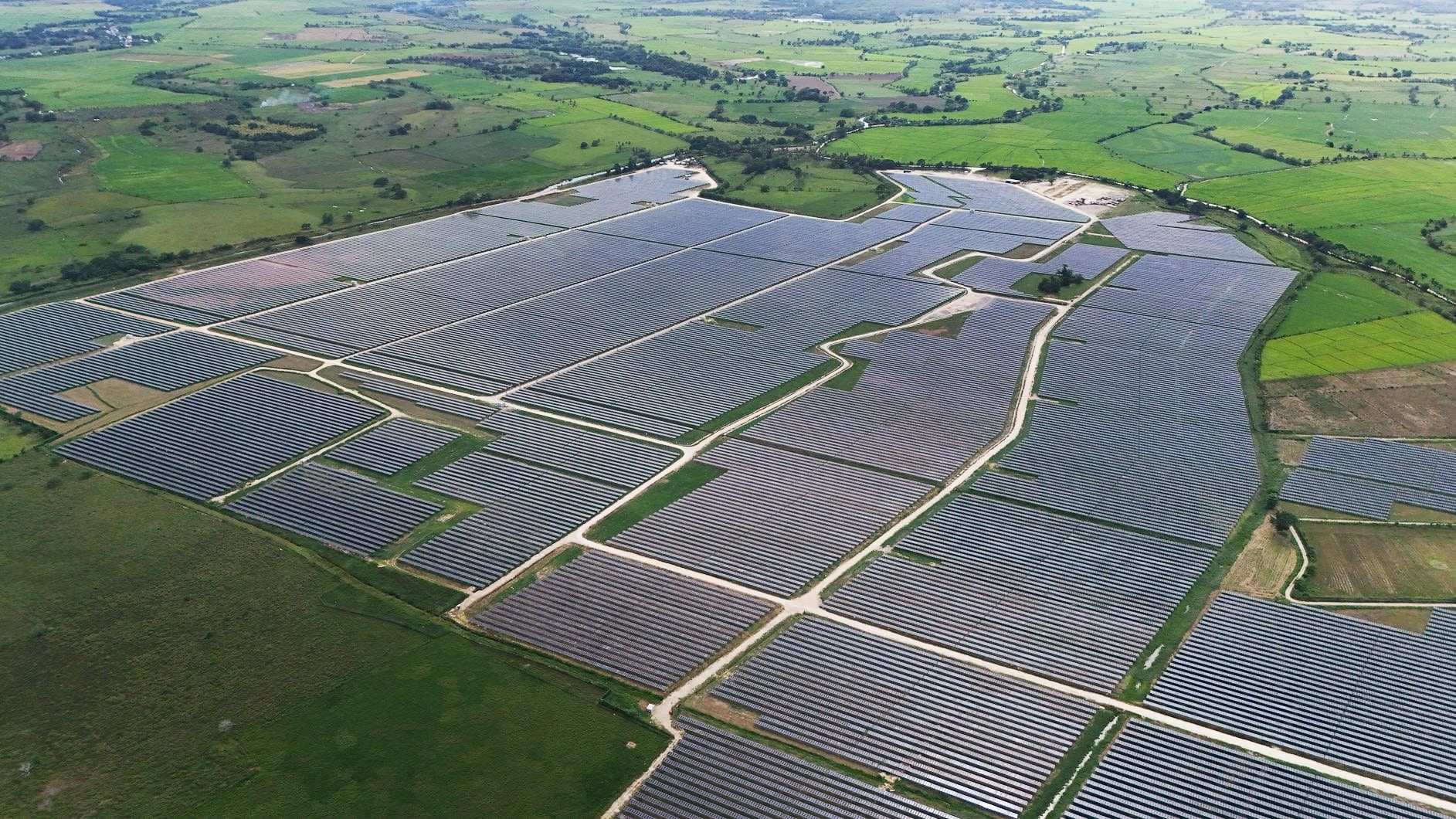• In collaboration with Offcarbon, this certification confirms that the emission reductions from the photovoltaic plant in the Dominican Republic meet the highest international standards for quality, transparency, and traceability.
**
La Coruña, 12 November 2025.-** Ecoener reinforces its commitment to sustainability and decarbonisation by officially registering the Payita 1 photovoltaic power station (Dominican Republic) with the prestigious international Gold Standard, having successfully passed its preliminary review, validation, and project design stages.
The certification, obtained in collaboration with Offcarbon, guarantees that the emission reductions associated with the Payita 1 project meet the highest international quality, transparency and traceability criteria, thus contributing in a real and verifiable way to the fight against climate change.
Gold Standard, established in 2003 by the World Wide Fund for Nature (WWF) and other international organizations, certifies projects that deliver benefits to local communities and the environment, in alignment with the United Nations Sustainable Development Goals (SDGs).
The 60 MWp photovoltaic plant, located in Nagua, in the María Trinidad Sánchez province, is expected to generate 127 GWh of renewable energy, thereby avoiding the emission of around 91,000 tonnes of CO₂ each year.
This contribution not only strengthens the country’s energy security by reducing its dependence on imported fossil fuels, but also promotes global climate action.
This recognition is added to the first carbon credit issuance by the Cumayasa 1 and 2 plants, also located in the Dominican Republic and certified by the Gold Standard. These advances position Ecoener as one of the pioneers in the carbon credit market in this country and reinforces its commitment to ensuring that all its photovoltaic and wind assets generate carbon credits or have energy certificates in the countries where it operates.
Commitment to the Sustainable Development Goals (SDGs)
The impact of Payita 1 is directly aligned with several UN SDGs:
• SDG 7 Affordable and clean energy → Generation of 100% renewable energy for thousands of homes in the Dominican Republic.
• **SDG 13 Climate action **→ Reduction of CO₂ emissions, which contributes to the national and international commitments to address climate change.
• **SDG 8 Decent work and economic growth **→ Creation of long-term job with wages above the national minimum.
• **SDG 4 Quality education **→ Training for project workers and collaborators.
